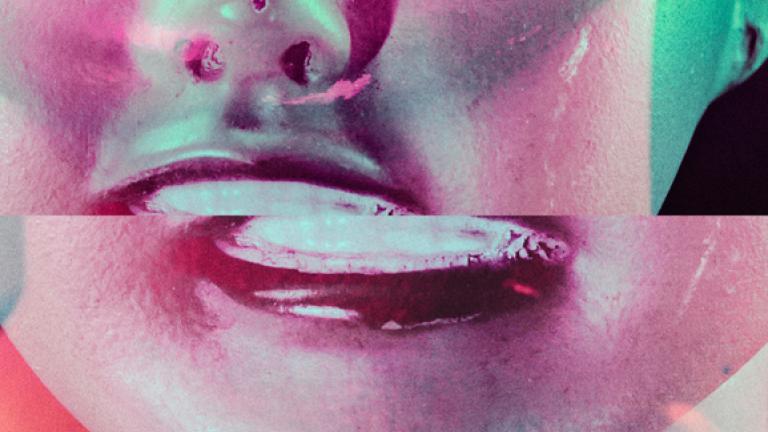Rebecca Alexander is a psychotherapist, keynote speaker, group fitness instructor, disability advocate, extreme athlete, and the award-winning author of the book, Not Fade Away: A Memoir of Senses Lost and Found. Rebecca earned an undergraduate degree from the University of Michigan and two master’s degrees from Columbia University in Public Health and Clinical Social Work. In addition, she has received post-graduate training at the Institute for Contemporary Psychotherapy at the Center for the Study of Anorexia and Bulimia and her psychodynamic psychotherapy training from the American Institute for Psychoanalysis. Rebecca is also certified in Eye Movement Desensitization Reprocessing (EMDR), she is fluent in American Sign Language (ASL), and Tactile Sign Language.
Rebecca was diagnosed at the age of nineteen with Usher Syndrome III, a rare genetic mutation disorder that causes a progressive loss of hearing, and vision; it also causes balance issues. Rebecca is completely deaf without the usage of cochlear implants and suffers from severe vision impairment, called retinitis pigmentosa. This vision impairment progresses both centrally and peripherally, resulting in tunnel vision; or as Rebecca calls it, “donut” vision.
Usher’s Syndrome III has not stopped Rebecca from living out her dreams. She has a full-time psychotherapy practice, working with individuals, couples, and families, specializing in the treatment of anxiety, depression, grief/loss, disordered eating, disability, and terminal illness. Rebecca has participated in the 600-mile San Francisco to Los Angeles AIDS Lifecycle ride and has also reached the summit of Mt. Kilimanjaro, named Uhuru Point. Her book, Not Fade Away: A Memoir of Senses Lost and Found, will be the subject of a major motion picture in the future. Rebecca has presented for TEDx Cape May “What’s The Story?” and has been seen on many talk shows, such as the Today Show. Rebecca has also been featured in many major publications such as, The New York Times and The Boston Globe.
Interviewed by our Different & Able President and Founder, Alexandra Nicklas, Rebecca shares information about her diagnosis, the accommodations she uses daily, and how her remaining senses are heightened. Rebecca advocates for discussion about living with adversity and acknowledges the significance of feeling all her emotions, including loss. Throughout the interview, Rebecca amazes with gumption, grace, and her ingenious nature. She has been quoted saying, “Living with a disability means you have to live creatively, always working to find alternative, imperfect ways to make life work.”



